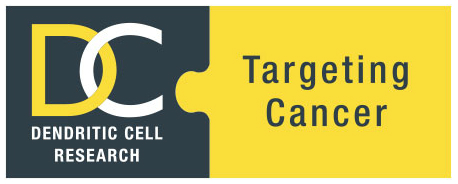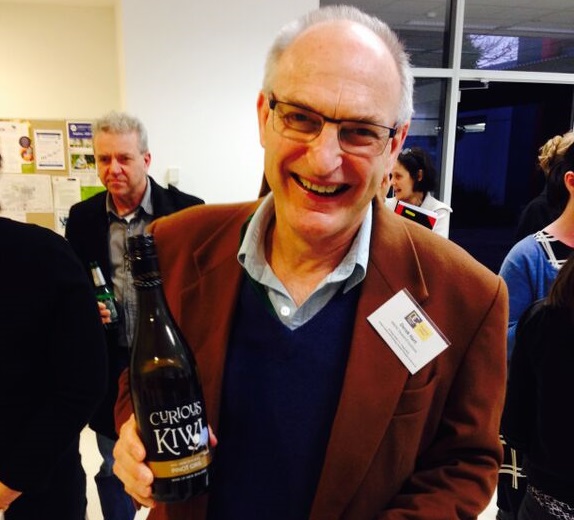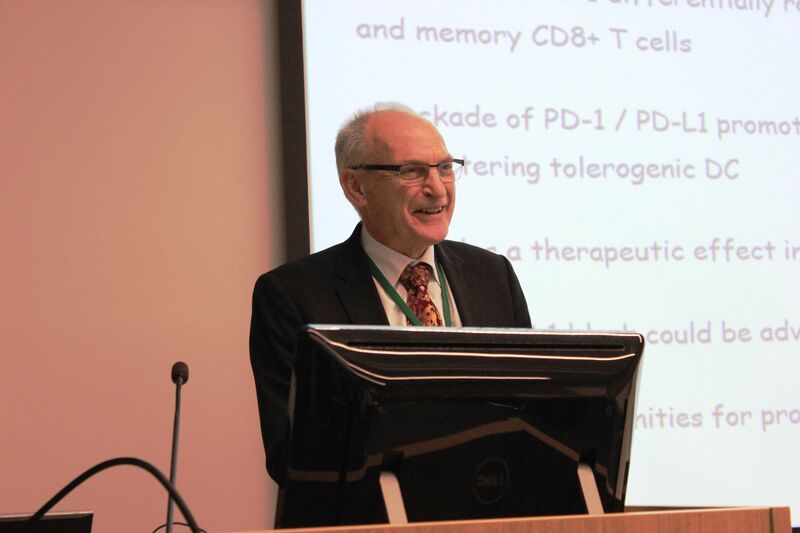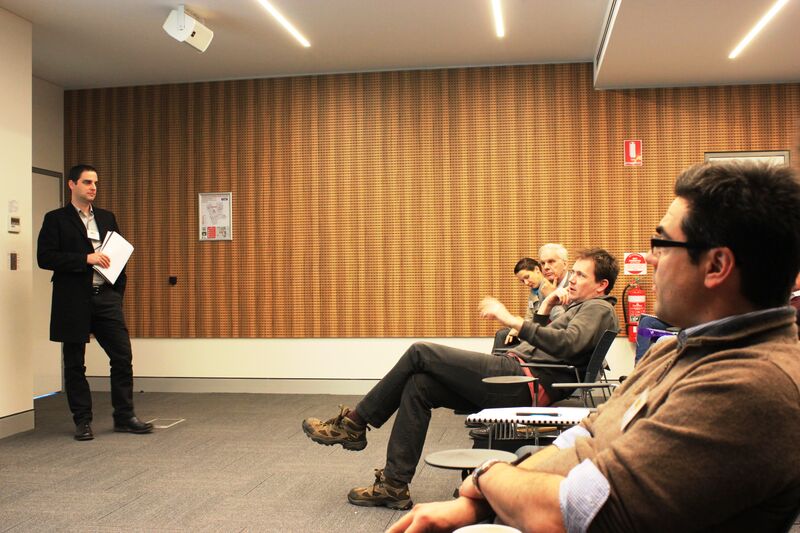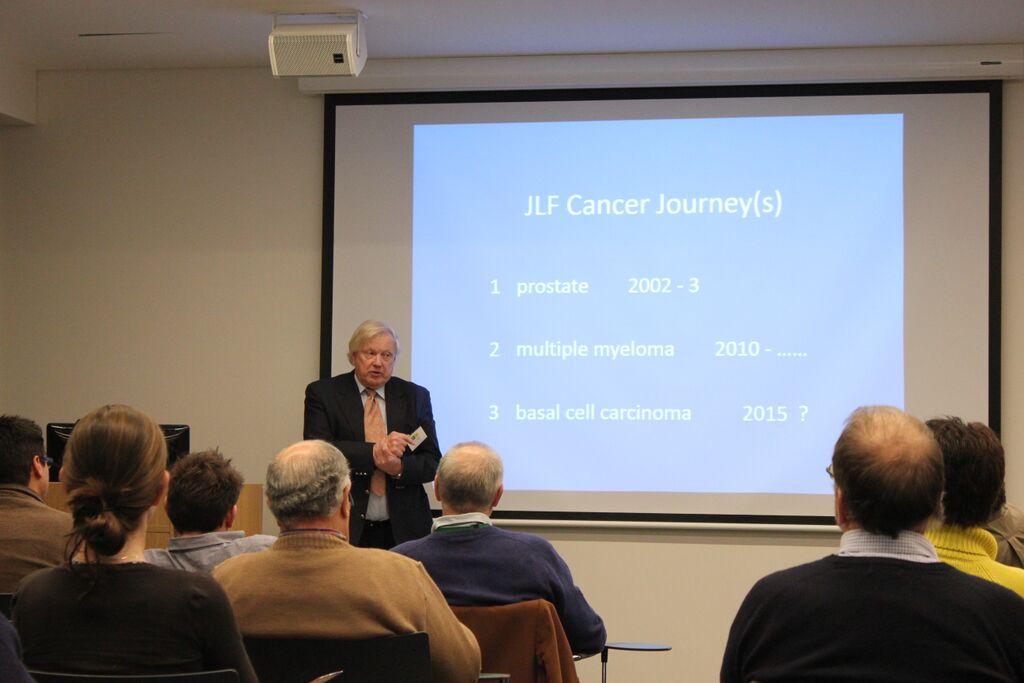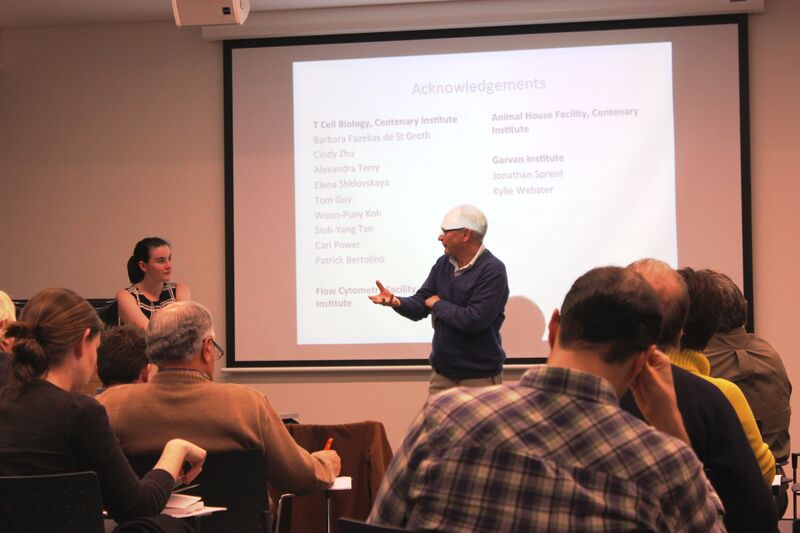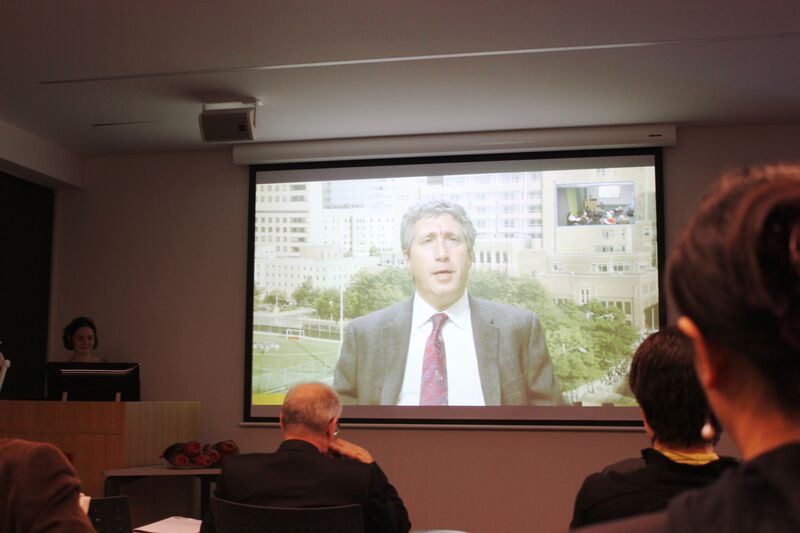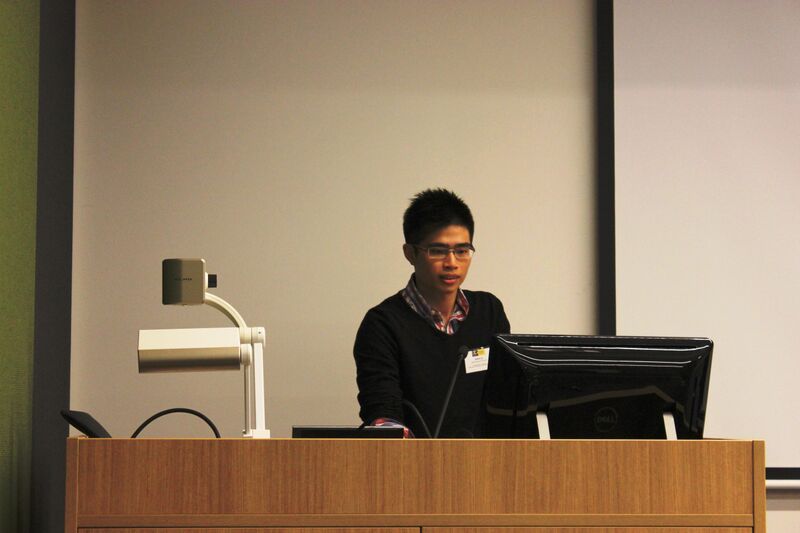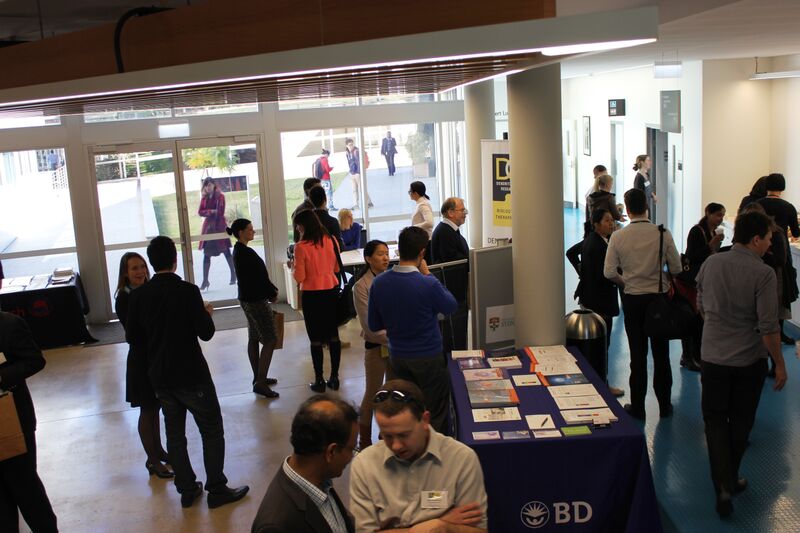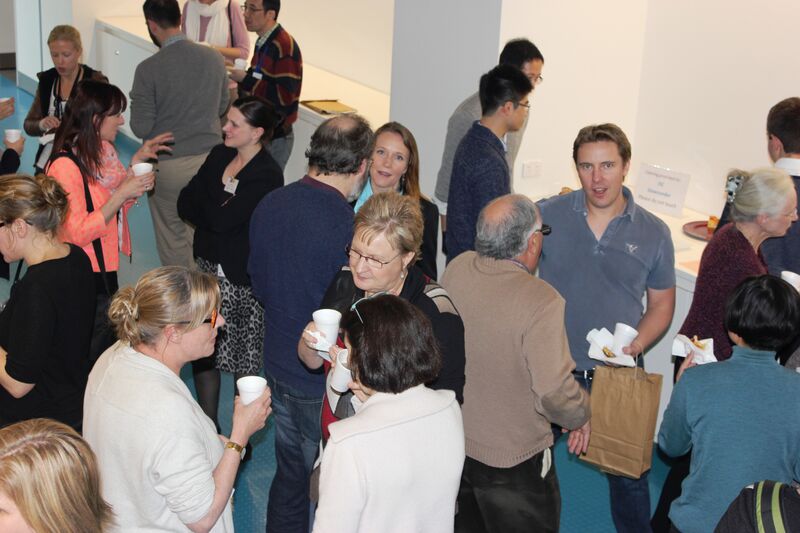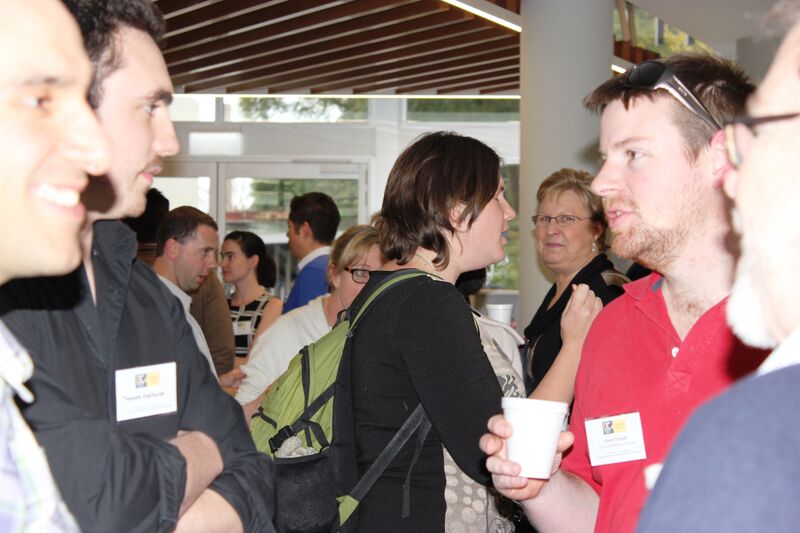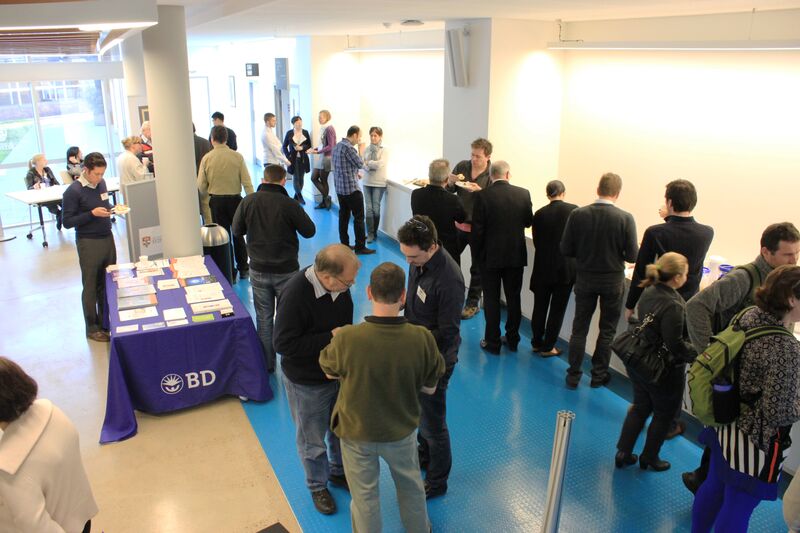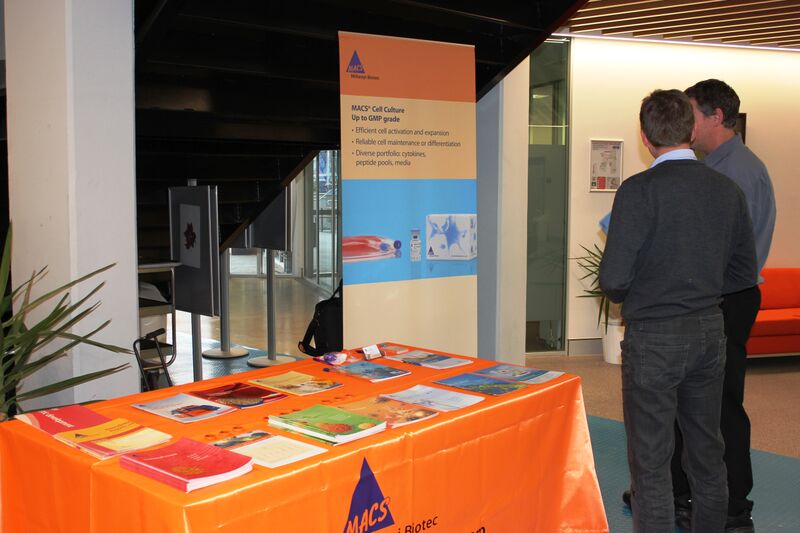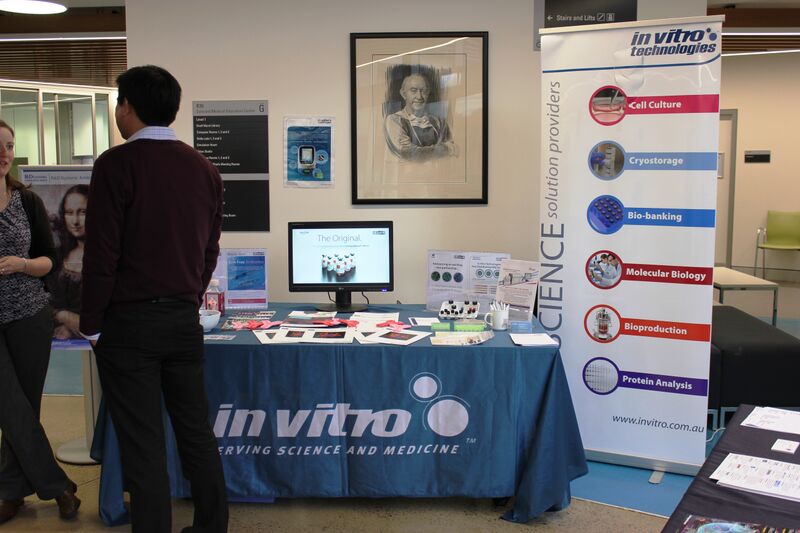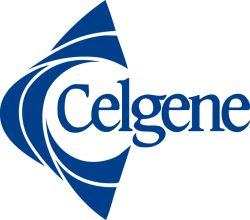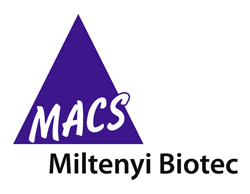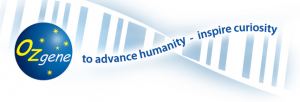DC Down Under 2015, another great success
With over 70 delegates and 25 speakers, this was a symposium not to be missed by both young investigators and established leaders in the Dendritic Cell Research field.
The keynote speaker, Associate Professor David Avigan from the Harvard Medical School did not disappoint with his talk on cancer vaccines and immunomodulatory therapy, which stimulated much discussion from delegates in the areas of dendritic cell (DC) immune therapy. David has previously vaccinated patients with haematological malignancies such as acute myeloid leukaemia and multiple myeloma. This has used a strategy which fuses malignant cells with autologous monocyte derived DC for administration into the patient. His results have been extremely promising and allowed him and his colleagues to initiate a multi-site clinical trial using this same vaccine with the addition of lenalidomide as maintenance maintenance therapy. The audience were curious whetherthe tumour fusion vaccine efficacy could be improved using circulating blood DC as opposed to cells that were manufactured in vitro. Further research by David’s laboratory will examine the in vitro migration of the tumour: DC fusion cells in addition to the results from the multi-site clinical trial.
Dr. Clare Slaney from Peter MacCallum Cancer Center presented an inspiring talk “Eradication of large established Her2+ tumours using dual-specific chimeric antigen receptor (CAR) T cells and vaccine”. Although there has been recent success in haematological cancers, the CAR T cells effect against solid cancers has been limited. To address the problem, Dr. Slaney and her team created a mouse model in which the mouse T cells expressed a CAR that recognised the Her2 tumour antigen and a T cell receptor to the melanoma antigen gp100 (CARaMEL T cells). T cells with the dual specificity showed enhanced infiltration to the tumour site and destruction of established solid tumour in various mouse models. The mice that had rejected the primary tumour were also able to resist establishment of a secondary challenge by the same tumour. Her data provided valuable insights for the future development of solid tumour targeting CAR T cells therapies.
Kirstie Bertram’s presentation on “Phenotyping Dendritic Cell Subsets From Human Anogenital Tissues”, which explored Acquired Immune Deficiency Syndrome (AIDS), an infectious condition caused by the human immunodeficiency virus (HIV) transmitted by sexual intercourse. It is known that that during disease transmission, the virus invades our body immune system by breeching the internal skin (anogenital tissue). In the skin, DC are responsible for detecting and processing foreign pathogens, however, their role in anogenital tissue is not well understood. By studying human anogenital tissues, Bertram and her colleagues from the Westmead Millennium Institute have shown that there are different types of DC present. Overall, this research could provide an insight in understanding the disease as well as a better approach for developing a vaccine against HIV.
Other fascinating talks were presented but sadly cannot be reviewed here. There was much positive feedback and keen interest by the audience to run it again next year!
To see the program for the 2015 symposium, please click here.
With thanks to this year’s Silver Symposium Sponsors:
